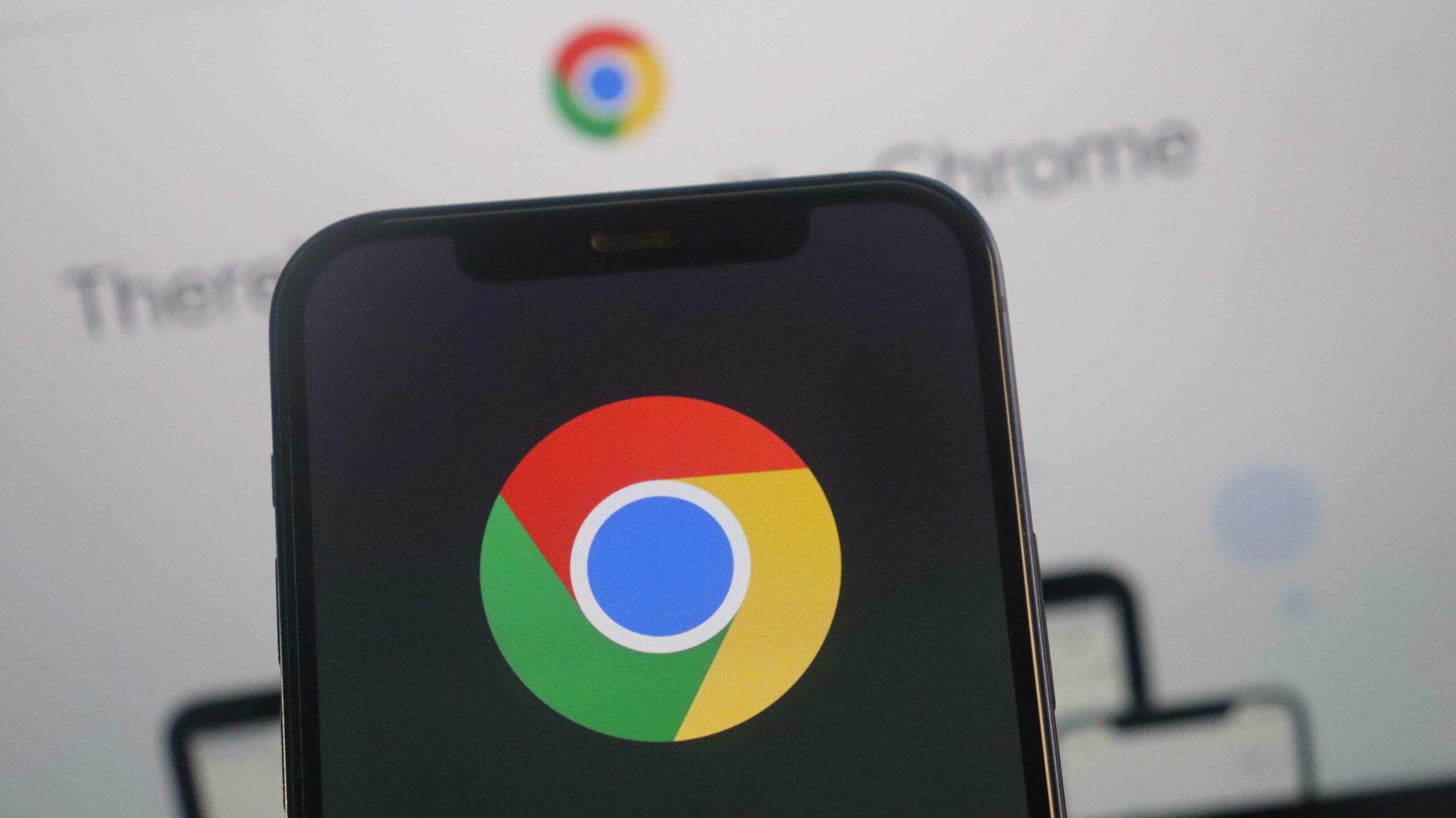
Canadians have ranked Google Search, Google Maps, YouTube and Android as part of the 10 “most helpful innovations” over the past three decades.
The details, published in Google’s 2022 Economic Impact Report by Public First, illustrate the impact Google and its use of AI has had on the lives of Canadians since the company first put down roots in 2001.
The report found Canadians used Google Search up to four times a day for their personal lives. This works out to the search engine answering 5 million questions every hour for Canadians.
Google Search, Play, Cloud, and advertising tools, along with YouTube, have delivered Canadian businesses, nonprofits, publishers, creators, and developers $45 billion of economic activity in 2022.
But as the report states, this number has room to grow significantly.
With the help of generative AI, Canada’s economy could increase by $210 billion, while tackling economic and societal challenges. But that’s only if “Canada gets this right.”
One example of Google’s generative AI presence in Canada was seen through the company’s use of infrared information from satellites for wildfire detection. “In 2022, Google covered over 30 big wildfire events in Canada and the U.S., with more than 7 million views in Search and Maps helping to inform people and firefighting teams.”
Regarding “work productivity” generative AI could save the average Canadian worker more than 100 hours a year. This “would be the single biggest improvement to worker productivity since the arrival of Google Search,” Sabrina Geremia, vice president and country managing director at Google Canada, wrote in a blog post.
The figures in the study are based on polling from 7,000 people residing in every province and territory and business leaders from 1,000 organizations of various sizes and industries.
Despite Google’s “AI first” methodology, one of Google’s most notable AI innovations that has yet to make it to Canada is Bard. The chatbot was released back in March and is available in a host of different languages to people all over the world.
Regulatory issues have stopped the program from making its way to Canada, but that will “soon change,” Sam Sebastian, vice president and country manager of Google Cloud in Canada, told reporters during a press briefing Tuesday.
“We’ll bring it here to Canada very soon as we manage through all the regulatory issues or opportunities, depending on how you look at it.
Parliament is discussing the lack of such regulation through the Digital Charter Implementation Act (Bill C-27), which covers rules on AI.
The lack of such regulation hasn’t stopped other chatbots from making their way to Canada. One of the most popular options is Open AI’s ChatGPT, which Canada’s Privacy Commissioner is currently investigating.
Image credit: Shutterstock
MobileSyrup may earn a commission from purchases made via our links, which helps fund the journalism we provide free on our website. These links do not influence our editorial content. Support us here.


